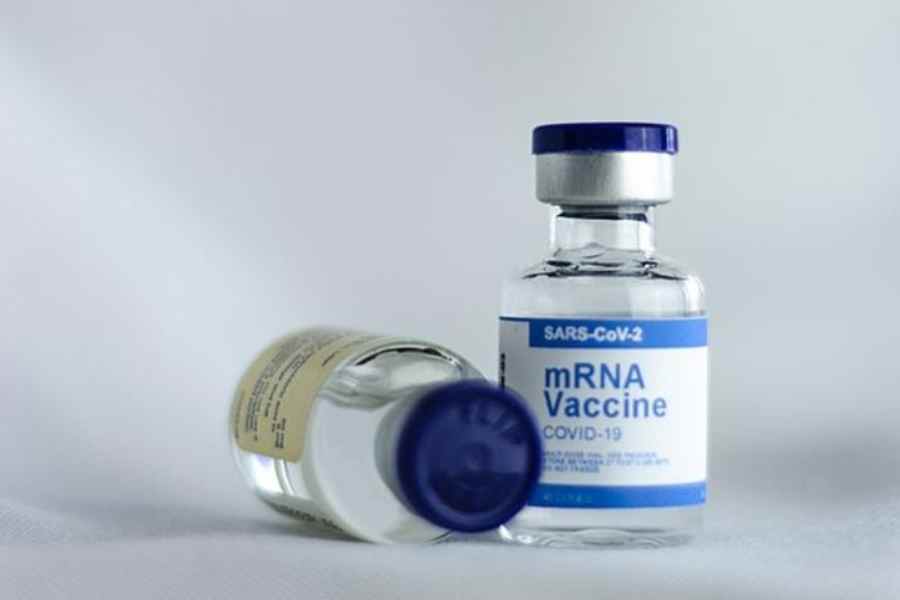India is the largest producer of vaccines. There is a huge market for mRNA vaccines; yet, we seem to be hesitating in making them popular.
Traditional vaccines are made with live, attenuated or inactivated viruses that are used for immunisation. The downside is virus variants due to evolution. Moreover, people cannot be vaccinated indefinitely.
During the Covid-19 pandemic, vaccine manufacturing was driven by the risk versus demand factor. It did not follow the classical template in which vaccine manufacturing takes years. Given that the pandemic was a public health crisis, the costs of vaccines were lower. Scientists say that we have the capacity to provide vaccines at an even cheaper rate. The original Covid mRNA vaccine was cold-chain dependent, making it heavily reliant on logistics. mRNA vaccines that are thermostable would be well-suited for the Indian ecosystem.
Dengue is a cause for concern in India. There is a need for vaccines that can be effective against its multiple variants. The Murthy Foundation-funded vaccine project started by Sudhir Krishna at the National Centre for Biological Sciences is ready to deploy the first Indian mRNA dengue vaccine candidate for non-human primate trials. It provides immunity against multiple strains of the virus that cause dengue.
Are nucleic acid vaccines with DNA or mRNA better than traditional ones? mRNA can be encapsulated in fat molecules and delivered into cells where it can make the protein required for an immune response. DNA and mRNA vaccines require virus genome sequence information against which a vaccine is being made and the four serotypes of the dengue virus have been sequenced in a previous study. mRNA vaccines get degraded naturally within the body and cannot integrate into the host genome. There are strategies, including self-amplifying vaccines, that can amp up the volume of the mRNA within the body and increase antigenic protein expression.
mRNA as a technology platform was valued at $46.83 billion in 2023. It is expected to reach $101.8 billion by 2028. The technology has applications in infectious diseases, cancers, autoimmune diseases, rare genetic disorders as well as gene therapy and can be developed into a local ecosystem where vaccines and therapeutics can be manufactured at lower costs and in shorter timelines. However, intellectual property is a major hurdle; patent infringements also pose challenges.
Covid was an outlier; not all vaccines are made in the context of an emergency. Scientists would like to build an ecosystem where research and development can be on the same page as other stakeholders. The mRNA platform is evolving with new technology and regulatory information. An Indian hub for advanced public health can be created with funders pitching in to foster academia-industry partnerships. After all, India did land on the moon at a fraction of the cost of Russian and NASA missions.
The key is to be flexible and open to risks.











